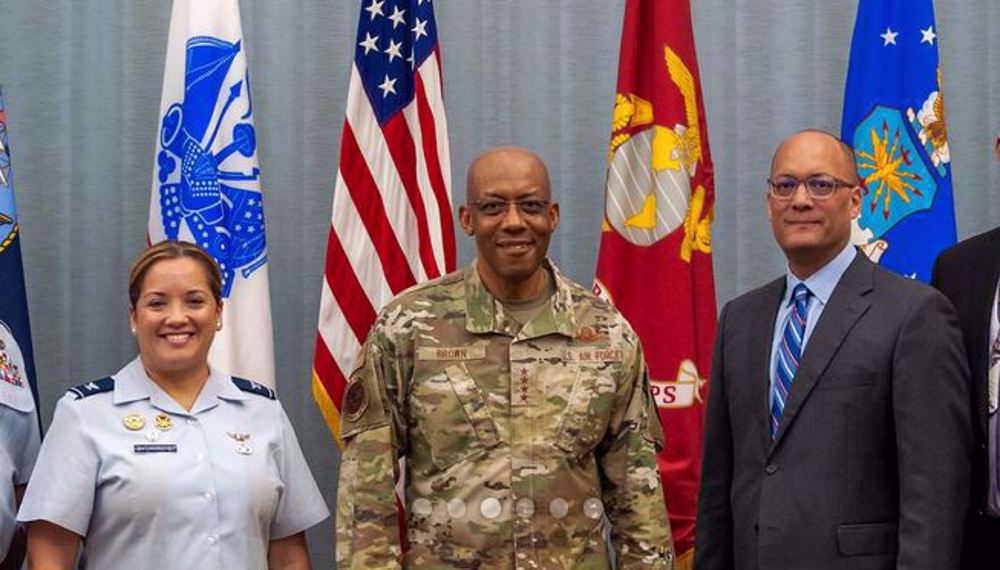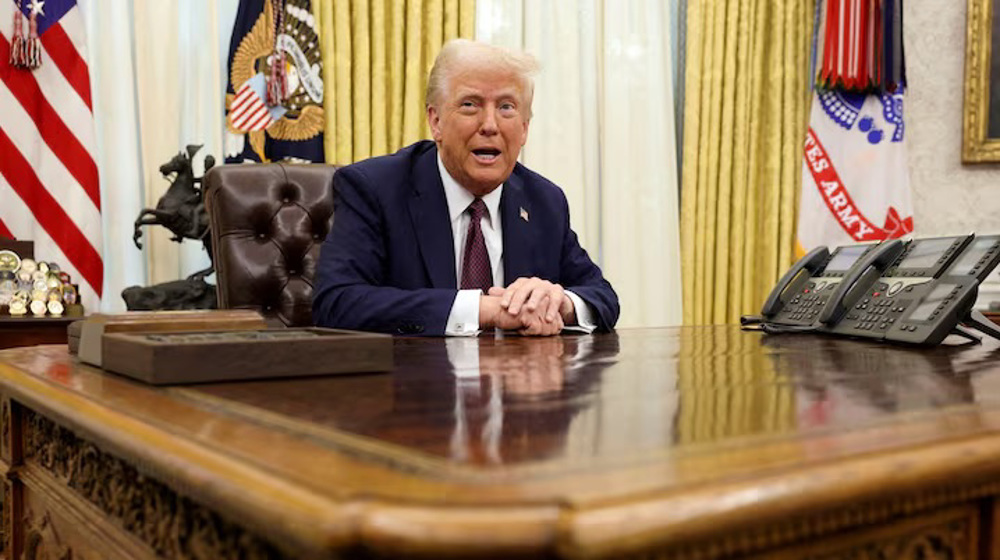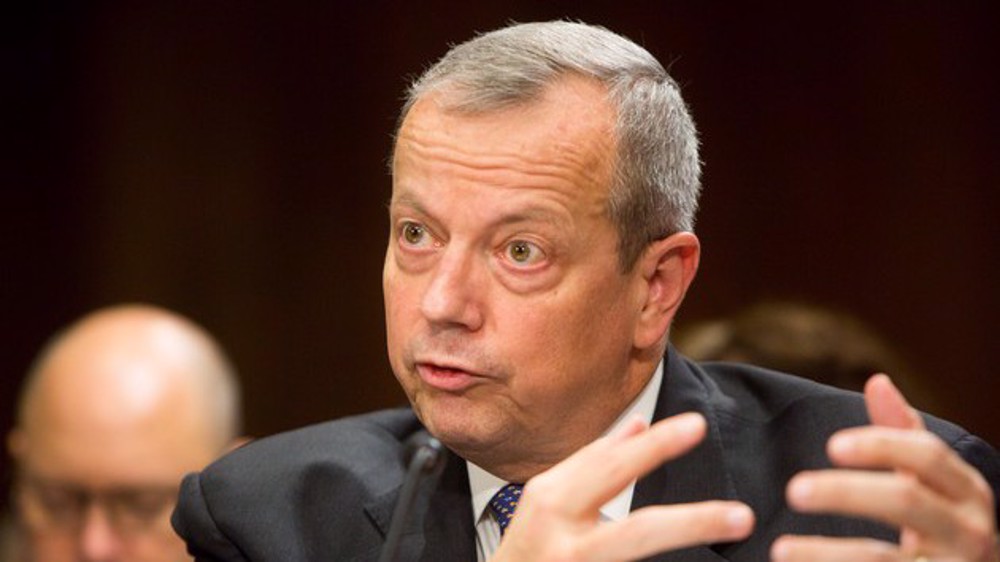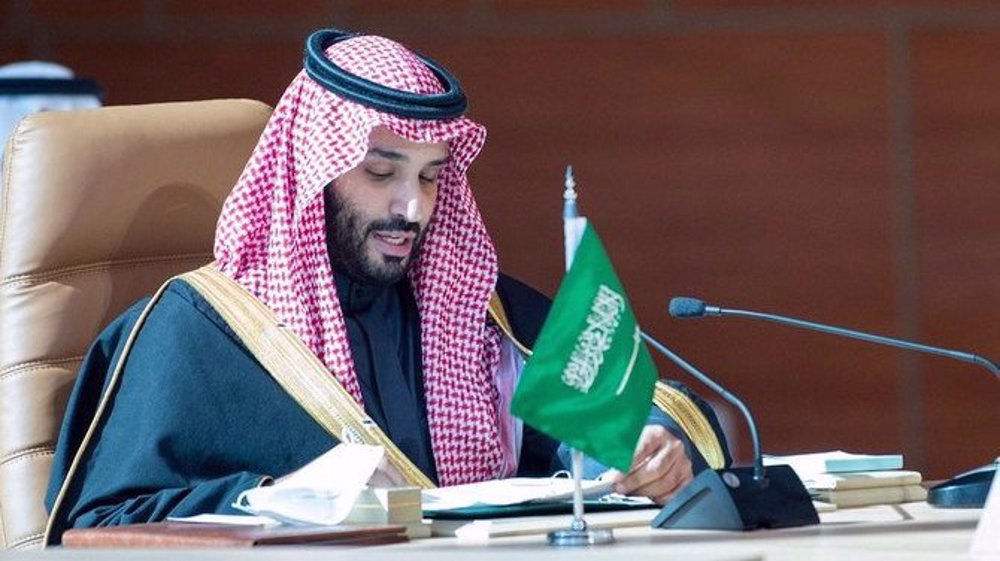Gen. Allen resigns as Brookings president amid foreign lobbying investigation
The Brookings Institution's president retired four-star Gen. John R. Allen resigned on Sunday from the organization, days after a court filing revealed evidence that he had secretly lobbied for Qatar.
Allen, the retired general who once commanded American troops in Afghanistan, said in his resignation letter that his decision is "best for all concerned at this moment," the Wall Street Journal reported.
"While I leave the institution with a heavy heart, I know it is best for all concerned at this moment," Allen said in the resignation letter.
His statement made no reference to the filings or any investigation. Brookings, a 106-year-old research center, had placed General Allen on administrative leave last Wednesday.
The Brookings Institution reportedly thanked Allen for his leadership during the pandemic. Allen joined Brookings in 2017 after leading NATO and US forces in Afghanistan.
“The integrity and objectivity of Brookings’s scholarship constitute the institution’s principal assets, and Brookings seeks to maintain high ethical standards in all its operations,” Glenn Hutchins and Suzanne Nora Johnson, the co-chairs of the institution’s board of trustees, wrote on Sunday in an email to the staff. “Our policies on research independence and integrity reflect these values.”
The decision comes after new federal court filings spell out a potential criminal case against Allen. Prosecutors alleged that Allen worked to help Qatar influence American policy during a period of time when there was a diplomatic crisis in the Persian Gulf region.
General Allen had allegedly sent messages apparently seeking payments for work to help Qatar gain Washington’s backing in a feud with its regional rivals, Saudi Arabia and the United Arab Emirates.
Federal Bureau of Investigations Agent Babak Adib wrote in a search warrant application that there is "substantial evidence" that Allan violated the Foreign Agents Registration Act (FARA).
Qatar’s rivals had attempted to strangle Doha by cutting off diplomatic ties and blocking trade with the country.
Saudi Arabia, the United Arab Emirates, Bahrain, and Egypt severed their ties with Qatar in 2017, citing, among other things, its close relations with Tehran and accusing it of supporting “terrorism” due to its backing of Egypt’s Muslim Brotherhood and the Palestinian resistance movement of Hamas.
Qatar categorically denied the allegations.
The quartet called on Doha to downgrade its ties with Tehran and cease its support for the Islamic groups, among other excessive demands, which Qatar rejected as an attack on its sovereignty.
But earlier this year, the blockading countries agreed to restore ties with Qatar.
Saudi Foreign Minister Prince Faisal bin Farhan said on January 5 that his country, alongside the UAE), Bahrain and Egypt, is "pleased with having been able to achieve this very important breakthrough that we believe will contribute very much to the stability and security of all our nations in the region."
Allen's spokesman, Beau Phillips, said in a statement that Allen has done nothing that's against the law.
"Through decades of public service in combat and diplomacy, General Allen has earned an unmatched, sterling reputation for honor and integrity," Phillips said. "We look forward to correcting the falsehoods about General Allen that have been improperly publicized in this matter."
Phillips said that Allen's counsel is "deeply concerned" with the release of the search warrant to the public.
"General Allen’s counsel is deeply concerned about the serious and damaging ethical breach that occurred with the public release of a search warrant affidavit containing confidential grand jury information," Phillips said. "Not only did the breach offend longstanding law and Department of Justice policy on the confidentiality of ongoing investigations, but the narrative presented in the affidavit and now made public also is factually inaccurate, incomplete, and misleading."

Trump rescinds arms sales regulation in favor of Israel, sources say

Trump fires top US general in unprecedented purge of military leadership

AP sues three US officials over barred access to presidential events
Iranian flotilla makes port call in India with 'friendship message'
How UK counter-terror police colluded with Zionists to detain me after Beirut trip
Biden, Blinken, Austin referred to ICC over Gaza war crimes
EU will 'do the same' if US implements tariff hikes: France
VIDEO | Press TV's news headlines
British celebrities condemn BBC removal of Gaza documentary
Iran Army acquires tactical vehicles, audio surveillance systems
VIDEO | UK police detain anti-Zionist scholar upon return from Lebanon








 This makes it easy to access the Press TV website
This makes it easy to access the Press TV website